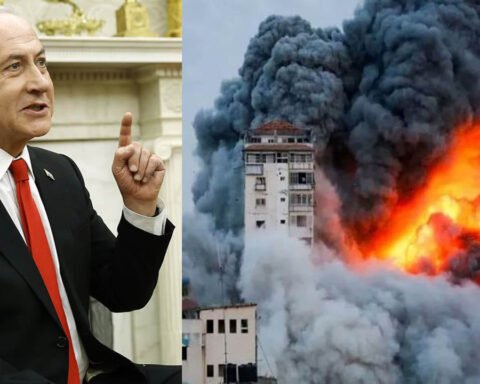North Korean leader Kim Jong Un recently traveled to Beijing for a high-profile meeting with Russian President Vladimir Putin, drawing global attention not only for the diplomacy but also for the extraordinary security measures surrounding the event.
Analysts say the visit underscores North Korea’s ongoing efforts to protect its leader’s health and personal information from foreign intelligence scrutiny.
During the more than two-hour discussions, staff from North Korea meticulously cleaned the meeting room, wiping down the chair Kim sat in, sanitizing the coffee table, and removing his drinking glass. Video footage shared by Russian journalist Alexander Yunashev showed the careful attention to detail, highlighting the regime’s obsession with secrecy.
Such precautions are not new. Reports suggest that during previous international visits, including the 2019 Hanoi summit with U.S. leaders, North Korean officials removed or disinfected objects Kim used, from mattresses to floor tiles, and even traveled with his own private toilet to prevent any DNA or health traces from being collected. This extreme caution is part of a long-standing protocol dating back to Kim’s father, Kim Jong Il, aimed at safeguarding the leader’s health and ensuring strict control over sensitive information.
Also Read; Ghana President Removes Chief Justice After Inquiry
Observers note that the meeting also highlighted the strengthening ties between North Korea and Russia. Putin reportedly thanked Kim for his support regarding geopolitical conflicts, while Kim pledged continued assistance. The two leaders’ participation in events such as China’s military anniversary parade further signals growing cooperation between Moscow and Pyongyang, with implications for regional security and global diplomacy.
Experts emphasize that while these measures may appear excessive to outsiders, they reflect the North Korean regime’s intense focus on security, control, and projecting strength. By closely managing the leader’s movements and environment, Pyongyang ensures that no details—whether about health, behavior, or preferences—can be exploited.
This episode offers a rare glimpse into the lengths authoritarian regimes go to protect their top officials, demonstrating how politics, diplomacy, and extreme security practices intertwine. Kim Jong Un’s Beijing visit thus serves not only as a moment of international diplomacy but also as a reminder of the opaque and highly controlled nature of North Korea’s leadership.







